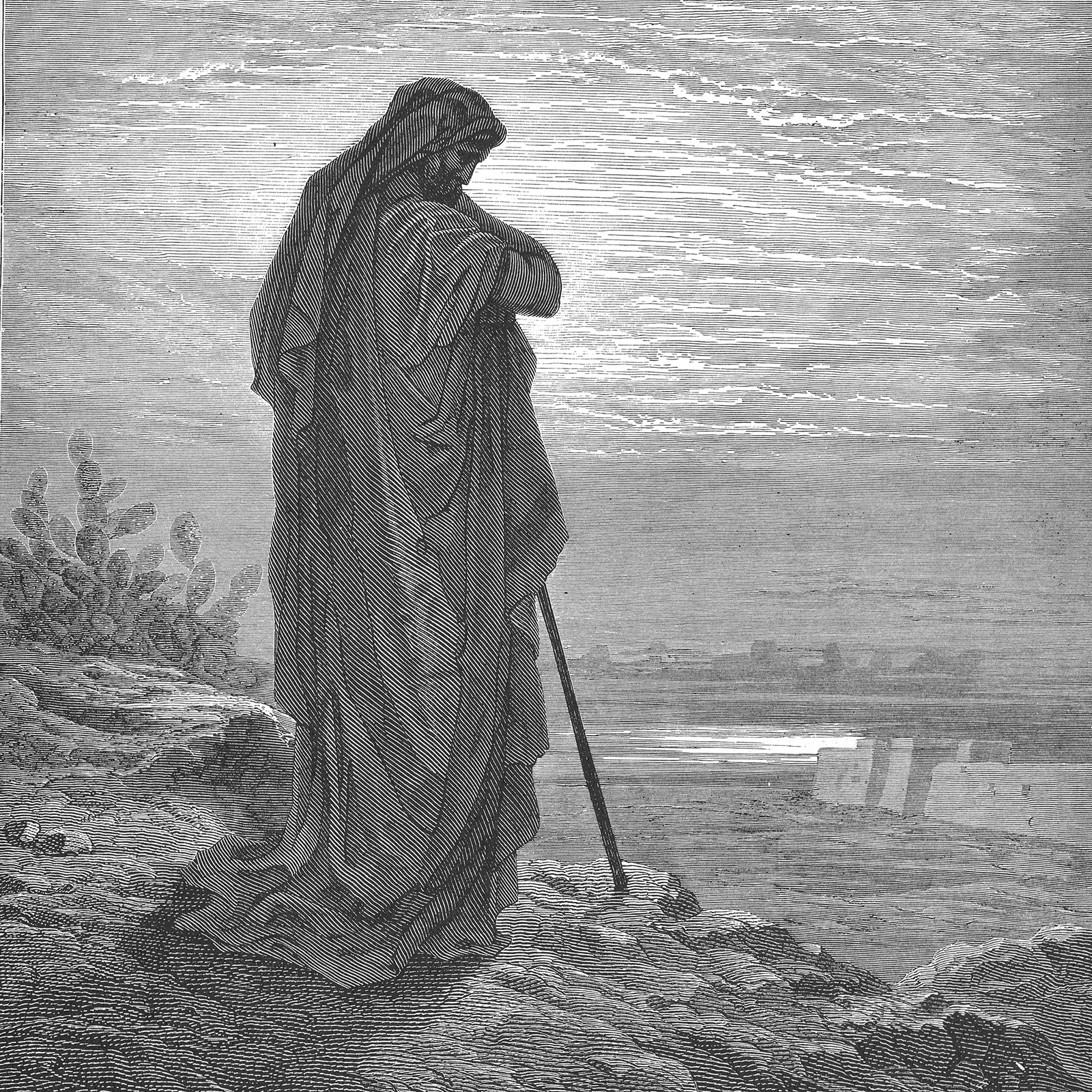
(RNS) — Anyone who thinks the Scriptures are not political has never read the Prophet Amos hurling invectives at the rich and powerful of his time.
Amos was not a professional prophet, but an uneducated shepherd who preached social justice and denounced exploitation of the poor by the rich. He was especially harsh on the rulers, priests and upper classes. His words sound like a political activist ranting on MSNBC.
He preached in Israel more than 750 years before the birth of Christ, amid “a period of great material prosperity for Israel, but also a period of social and religious corruption,” according to Michael L. Barre in The New Jerome Biblical Commentary. Amos condemned the leaders of Israel for taking bribes, “Because they hand over the just for silver, and the poor for a pair of sandals.”
Twenty-seven centuries later, all over the world, politicians betray the just and the poor in exchange for bribes and campaign contributions. For Amos, these would be sins that cry out to God.
Amos chastised the rich and powerful because they treated the poor with contempt: “They trample the heads of the destitute into the dust of the earth, and force the lowly out of the way.” The destitute and the lowly still do not matter to many of our leaders. They are pushed out of the way, their land and property taken if it is needed by a developer. The rich can buy their way to the front of the line with first-class tickets, while others wait in long lines for inferior seats.
In contrast to these corrupt and profligate people, Amos pointed to those who were raised up by God to be examples and teachers of the people: the prophets and the Nazirites who led ascetic lives. But the rich and powerful also silenced the prophets and corrupted the Nazirites. “You made the Nazirites drink wine, and commanded the prophets, ‘Do not prophesy!’” he said. So, too, today, the corrupt elites spread their corruption and censor those who challenge them.
Amos said God is angry at the way the rich and powerful treat the lowly. Just as he destroyed the Amorites, so too will he destroy those who exploit the poor: “The swift of foot shall not escape, nor shall the horseman save his life. And the most stouthearted of warriors shall flee naked on that day.”
He was vicious against rich women who lived luxuriously, whom he called “cows of Bashan.” They “oppress the destitute and abuse the needy.” He prophesized, “Truly days are coming upon you when they shall drag you away with ropes, your children with fishhooks.”
But Amos’ strongest condemnations were against rulers who officiated at the gates of the city and meted out injustice. “I know how many are your crimes, how grievous your sins,” Amos said, “oppressing the just, accepting bribes, turning away the needy at the gate.” Because they “tax the destitute and exact from them levies of grain,” God will punish them. “Though you have built houses of hewn stone, you shall not live in them. Though you have planted choice vineyards, you shall not drink their wine.”
Amos offered these sinners a chance to repent. “Seek good and not evil, that you may live,” he warned them. “Then truly the Lord, the God of hosts, will be with you as you claim. Hate evil and love good, and let justice prevail at the gate. Then it may be that the Lord, the God of hosts, will have pity on the remnant of Joseph.”
Worship through burnt offerings and grain offerings would not save them. “Take away from me your noisy songs,” Amos had God saying. “The melodies of your harps, I will not listen to them.”
“Rather let justice surge like waters, and righteousness like an unfailing stream,” he said.
Ultimately, Amos’ God lost patience with Israel. “The end has come for my people Israel,” God said. “I will forgive them no longer.” Why? Because they “trample upon the needy and destroy the poor of the land.”
Amos sometimes sounded like a lawyer pleading for justice before a regulatory agency as businesses fix their scales for cheating. Today, that’s equivalent to mislabeling packages so they contain less than they say — with no quality control.
Amos condemned exploitation and cheating. He wanted the king and government officials to stop it. Today, he would be in favor of strong government regulations to protect consumers and workers.
As believers, we too must raise our voices in prophetic defense of the poor and exploited. Like Amos, we must speak out for justice and the defenseless. We should fear God when he denounces injustice and says, “Never will I forget a thing they have done!”
